(This story, originally published by Black Like Us, was made possible with the partnership of the W.K. Kellogg Foundation.)
Whitney Batteast trusted her doctor. There was no reason why she wouldn’t. This was her third pregnancy, and the obstetrician had treated her before.
“She was the obstetrician for my second pregnancy, my son, and delivered him,” said Batteast. “So, the same doctor, right?”
Health problems began to mount, and she struggled to get prescriptions that she had in the past, including for migraine headaches.
Same doctor, but Batteast’s level of care was declining. There was one difference: her health insurance had changed since her last pregnancy.
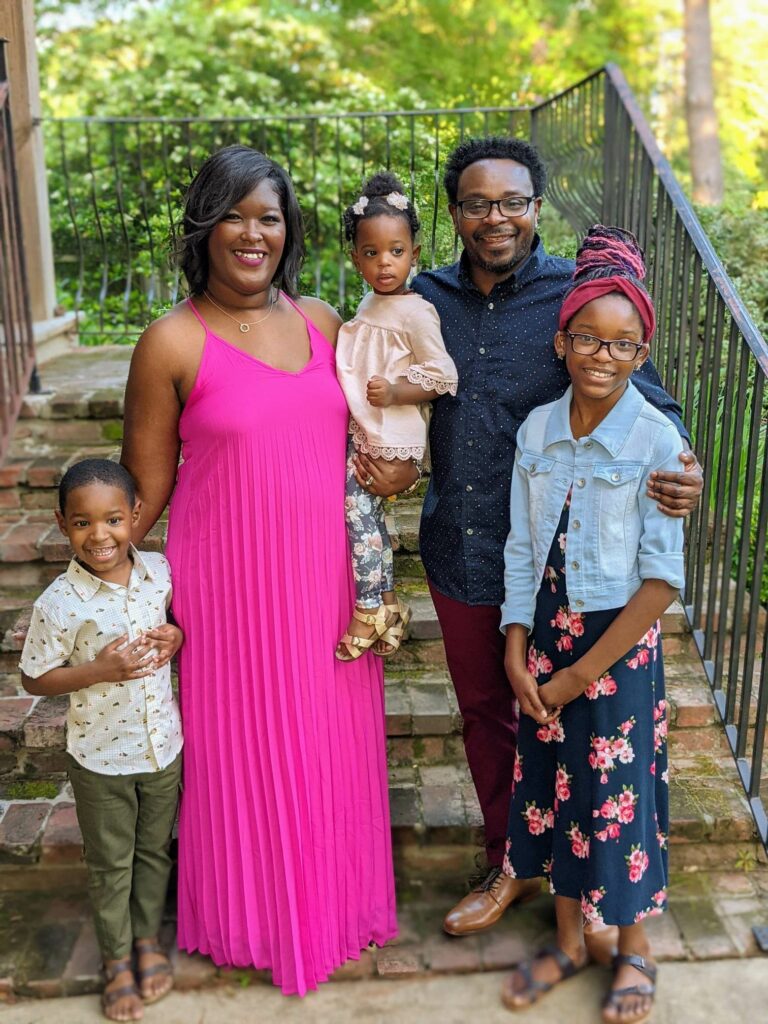
Whitney Batteast is pictured with her husband, Cassio Batteast, and their three children (from left to right) Cassio II, Afeni and Kynadie.
“On one call the only question … asked [was], ‘Are you still on Medicaid?’”
In the past, Hunter-Batteast had either private health insurance or experience with Alabama’s Medicaid system but after being denied private health insurance because her pregnancy was considered a preexisting condition, she enrolled in Medicaid.
“I later learned that the reason that my quality of care had declined so drastically was because I was on Medicaid during that last pregnancy and somewhere in there it had expired,” she said. “That was my first experience on Mississippi Medicaid. I wasn’t even given the option to pay out of pocket.”
Ultimately, at 39 weeks, she was admitted to the hospital, and her labor was induced when her blood pressure could not be controlled — at levels she described as life-threatening.
Batteast was later diagnosed with preeclampsia, a pregnancy complication highlighted by dangerously high blood pressure, and is one of the leading causes of postpartum maternal death. The ordeal fueled a desire to make an impact.
In 2019, she started Pickles & Popsicles, Inc., hoping other Black women would never have to experience what she went through.
“I just started thinking about all the ways that we can support moms who may be experiencing some of the things that I’ve experienced,” Batteast said. “ What kind of support that isn’t just someone helping you with your children, but helping you as a mom to support you in those hard moments we experience as mothers.”
According to the Centers for Disease Control, Black women are three times more likely to die from a pregnancy-related cause than White women. The rate is so alarming that celebrities and political leaders, including Serena Williams and Vice President Kamala Harris, have all spoken on the issue.
Hunter-Batteast says programs like hers and strong partnerships will help change that narrative.
Pickles & Popsicles, named after Hunter-Batteast’s cravings, is a community-based organization dedicated to creating and nurturing women and birth professionals in hopes of developing safe spaces for new and expectant moms.
Hunter-Batteast said throughout her pregnancies she had a village of support, but she realizes that other women may not, and she wants Pickles & Popsicles to be that support for other mothers.
“No one can know how much pain motherhood causes you. And if you say that out loud, you are judged heavily. And so I wanted to provide a safe space for you to have those feelings because when you trap them inside and you harbor them, then who gets that energy? Your children, your family. Right? If you have no outlet who gets that energy, they do. And it’s not fair. And so I want to give you a space to say the ugly thing. You can’t say out loud. Like, yes, I’ve experienced this too. Let me help you through this. Let me support you in this feeling that you’re feeling so you don’t feel so alone and so isolated.”
The organization advocates for mothers and offers education opportunities, introduces mothers to resources, hosts meetups, and curates resources for self care including care boxes she produces to help moms invest in their care.
“During the height of the pandemic, I was over it. Everybody was home all the time. No one was going anywhere. That 24-hour parenting just took me out,” she said.
She developed a self-care box called RESET packed with spa items like candles, bath salts, and oils to help mothers with self care. She sends the boxes directly to moms in her program and/or to organizations and partners wanting to help ease the burdens of motherhood for women.
Since her launch, Hunter-Batteast said she’s served an estimated 200 mothers not including distributing nearly 500 care boxes that she started producing during the height of the COVID-19 pandemic.
For nearly four years, she worked for Pickles & Popsicles with support from friends and family, but she’s hoping a recent partnership with the Mississippi Urban League will help expand her reach and provide capacity building and support.
“I was facilitating and managing all of these services by myself, which means I was hitting that burnout wall pretty quickly,” she said.
Pickles & Popsicles will join the Mississippi Urban League’s SIPPS in August. The program provides support and resources for mothers throughout Mississippi, focusing on breastfeeding, health, nutrition, and education.
“They [are] revamping their mother’s program by expanding services that they provide to moms,” Hunter-Batteast said. “Now we get to be part of that, and I’ll facilitate those mom sessions through the Urban League.”
To find out more about Pickles & Popsicles, visit their Facebook page or check out their website.

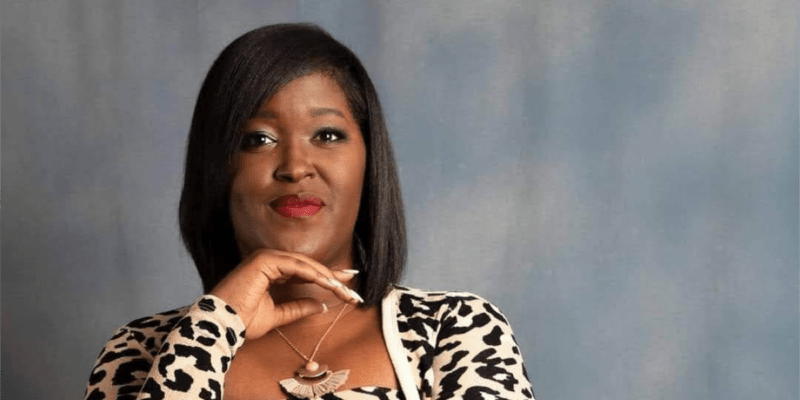
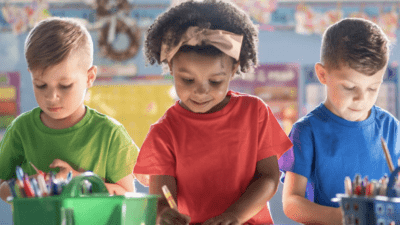
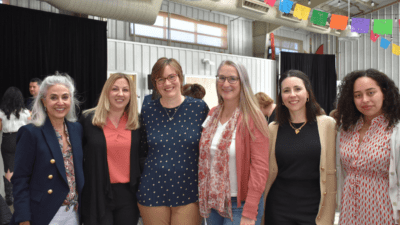
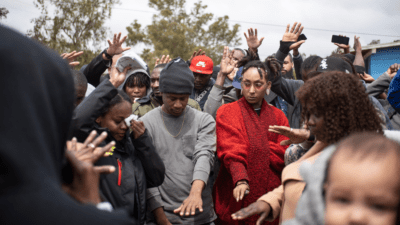
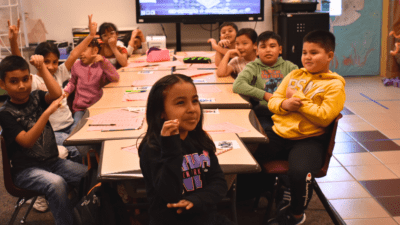
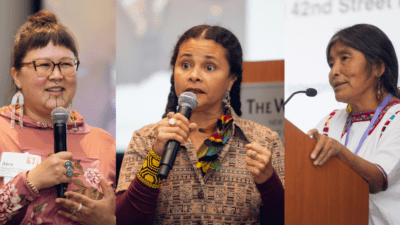

Comments